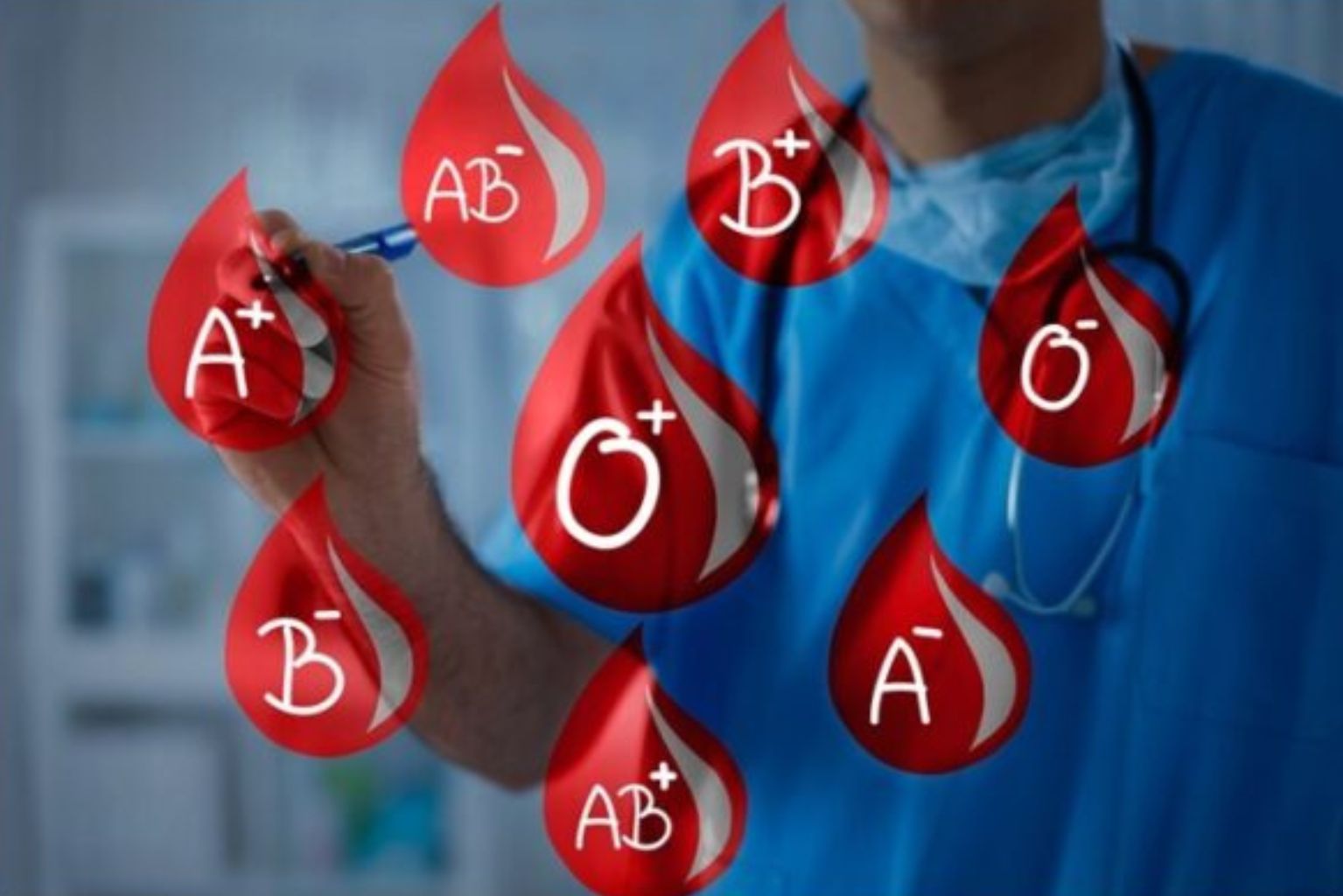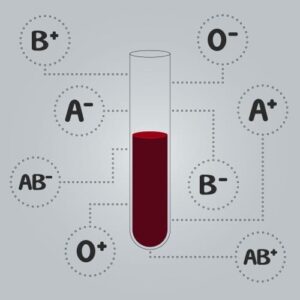
30 Sep Your Blood Type Matters: Complete Guide to Blood Groups
Your Blood Type Matters: Complete Guide to Blood Groups
“What’s your blood group?” is one of the first questions your doctor may ask you when you visit for a check-up or blood test.
Being aware of your blood type is crucial for more than just emergency situations; it also affects transfusions, prenatal care, organ donation, and even the comprehension of certain health hazards.
In simple, everyday language, we’ll describe blood groups, their significance, how they’re determined, and some fascinating facts you probably didn’t know in this blog.

What is a Blood Group?
Your blood can be categorized by blood group according to specific compounds found on the surface of your red blood cells. We refer to these substances as antibodies and antigens.
- Antigens are found on the surface of red blood cells.
- Antibodies are found in your plasma (the liquid part of your blood).
Your genes determine your blood group, which you inherit from your parents.
The Principal Systems of Blood Groups
Blood can be categorized in a variety of ways, but the two most significant ones are:
A.ABO Blood Group System
This system separates blood into four primary categories:
Group A – Has A antigen on red cells and anti-B antibody in plasma.
Group B – Has B antigen on red cells and anti-A antibody in plasma.
Group AB – Contains both A and B antigens, but no universal recipient antibodies against either A or B.
Group O – Contains both anti-A and anti-B antibodies (universal donor for red blood cells), but lacks A or B antigens.
- Rh Factor (Positive or Negative)
The Rh factor is another antigen (known as the D antigen).
Your blood type is positive if you have it (e.g., A+, O+).
If not, it’s negative (A-, O-, etc.).
Therefore, when we state that a person has blood type O+, we mean:
O : No antigens A or B
+ : The Rh factor is present
Why is it important to know your blood group?
Understanding your blood type is essential for:
- Blood Transfusions
Only specific blood types can be given to you in an emergency. Selecting the incorrect kind may result in harmful side effects.
- Pregnancy Care
To avoid complications, extra care is required if the mother is Rh-negative and the child is Rh-positive.
- Surgery and Organ DonationThe risk of rejection during major surgeries or transplants is decreased when blood types match. d. Emergencies in Medicine
Knowing your blood group can help you save valuable time in the event of an accident.
How Can Your Blood Group Be Determined?
A blood group test, which we do at Lab Vision Diagnostic Centre LLP, is the most straightforward method.
Step 1: A tiny sample of blood is drawn.
Step 2: To check for reactions, it is combined with specific solutions.
Step 3: Within a few minutes, your blood type is verified.
It provides information that lasts a lifetime and is quick and painless.
Which Blood Groups Can Donate to Whom?
Here’s a simple chart for understanding blood compatibility:
|
Blood Type |
Can Donate To |
Can Receive From |
| A+ | A+, AB+ | A+, A-, O+, O- |
| A- | A+, A-, AB+, AB- | A-, O- |
| B+ | B+, AB+ | B+, B-, O+, O- |
| B- | B+, B-, AB+, AB- | B-, O- |
| AB+ | AB+ only | All types (universal recipient) |
| AB- | AB+, AB- | AB-, A-, B-, O- |
| O+ | O+, A+, B+, AB+ | O+, O- |
| O- | All types (universal donor) | O- only |
Fun Facts Regarding Blood Groups
- In many regions of the world, including India, O+ is the most prevalent blood group.
- AB- is the rarest.
- Individuals with O- are referred to as “universal donors” because anyone can receive their blood.
- Your blood group is fixed from birth and does not change.
- Certain blood types may be slightly more or less likely to develop certain diseases, according to some studies, but environment and lifestyle have a far greater influence.
Blood Group and Health
Blood group is not a determinant of your general health, but some studies associate it with:
- Heart disease risk: A, B, and AB types are marginally more susceptible than O types.
- Clotting tendencies: Blood clots may be more common in non-O groups.
- Immunity: Certain infections may be less likely to affect some groups than others.
Keep in mind that these are not rules, but rather broad trends. The most crucial element is always a healthy way of living.
Blood Group Myths and Misconceptions
Myth 1: Consuming particular foods can alter your blood type.
Fact: There is no way to alter your blood type because it is genetic.
Myth 2: Life can only be saved by O-.
Fact: Different patients require different blood types.
Myth 3: Your personality is determined by your blood group.
Fact: This assertion is unsupported by scientific evidence.
How to Keep Your Blood Healthy
Although your blood type cannot be altered, you can take the following actions to maintain the health of your blood:
- Consume a well-balanced diet high in folic acid, vitamin B12, and iron.
- Drink plenty of water.
- Steer clear of excessive alcohol and smoking.
- Get blood tests and checkups on a regular basis.
Final Thoughts
Knowing your blood type is an easy yet effective way to take control of your health. Knowing your blood type can help you in a variety of situations, including emergencies, routine checkups, and life-saving blood donation. Blood groups link us to the greater cause of donating blood to help others, in addition to assisting physicians in providing safe treatments. We at Lab Vision Diagnostic Centre LLP think that the first step to healthier communities is raising awareness. Checking your blood group is quick, simple, and could save a life—possibly your own—so if you haven’t already, do it now.


No Comments